Zero Waste tips for Individuals
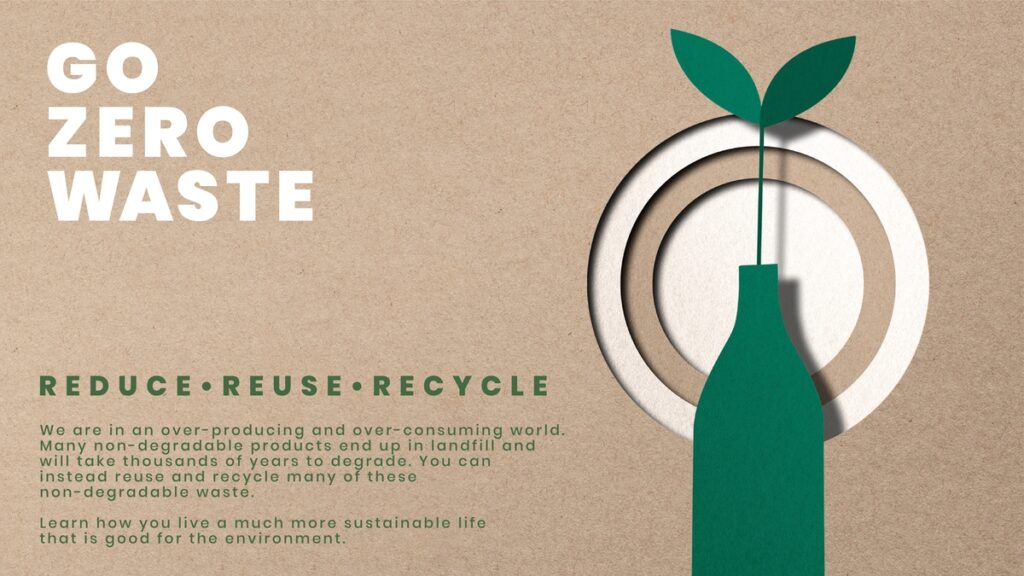
These Zero Waste Tips for individuals and families are simple and very easy to do. At the same time, unless we remain conscious and vigilant, and make it a habit, it is very easy to revert back to old habits. All it takes is a little bit of planning and willpower. Adopting these would make a significant impact if each and every one of us adopts them, and encourage those around us to adopt them. It is important that everyone in the family including domestic help are aware of them and practice this diligently.
Refuse
- Avoid companies that do not provide service of their products and encourage you to replace them instead.
- Avoid restaurants and outlets which use disposable cutlery and containers.
- Avoid using sachets of ketchup/jam/sugar/condiments etc. Most of them get discarded without being used and packaging cannot be recycled.
- Avoid buying items that come in single-use plastic sachets like mouth fresheners, shampoos, candy, powders, etc.
- Avoid fast fashion labels.
- Do not switch gadgets just because a newer model is released.
- Avoid products that use harmful chemicals, preservatives, artificial colors, and flavors. Do not fall for marketing gimmicks and advertisements. Check and review carefully the label for ingredients before you buy. Know what you are buying and consuming. It is safer for your family and for the environment.
- Do not fall for marketing gimmicks of labels like herbal/natural/diet and advertisements which are used to greenwash products or promote something as healthy and safe, when they are not.
Reduce
- Reduce consumption or unwanted purchases. Lured by incessant marketing and promotions, we end up buying more than our needs. If you do a simple inventory of your cupboards and shelves you would realize that this is true. Expired foodstuff, clothes/shoes/cosmetics/accessories hardly worn or used a few times, and forgotten gadgets that are no longer used fill over shelves and cupboards.
- Shun all single-use plastics including plastic covers, cutlery, cups, bottles, straws, etc.
Reuse
- Carry a reusable water bottle that is filled before leaving the house or office.
- Get back into the habit of using handkerchiefs and towels instead of tissues.
- Use reusable cloth bags instead of plastic/paper bags for groceries. For vegetable/fruit purchases you can use cloth bags with multiple pockets to keep your vegetable/fruit purchases sorted.
- Use metal/ceramic/terracotta/glass cutlery which can be cleaned and reused at home.
- For events and parties, you can rent metal cutlery, metal/ceramic plates, glasses, cups, and bowls.
- Carry your own reusable straw and cutlery if you frequent food courts.
- Carry your own containers for takeaways.
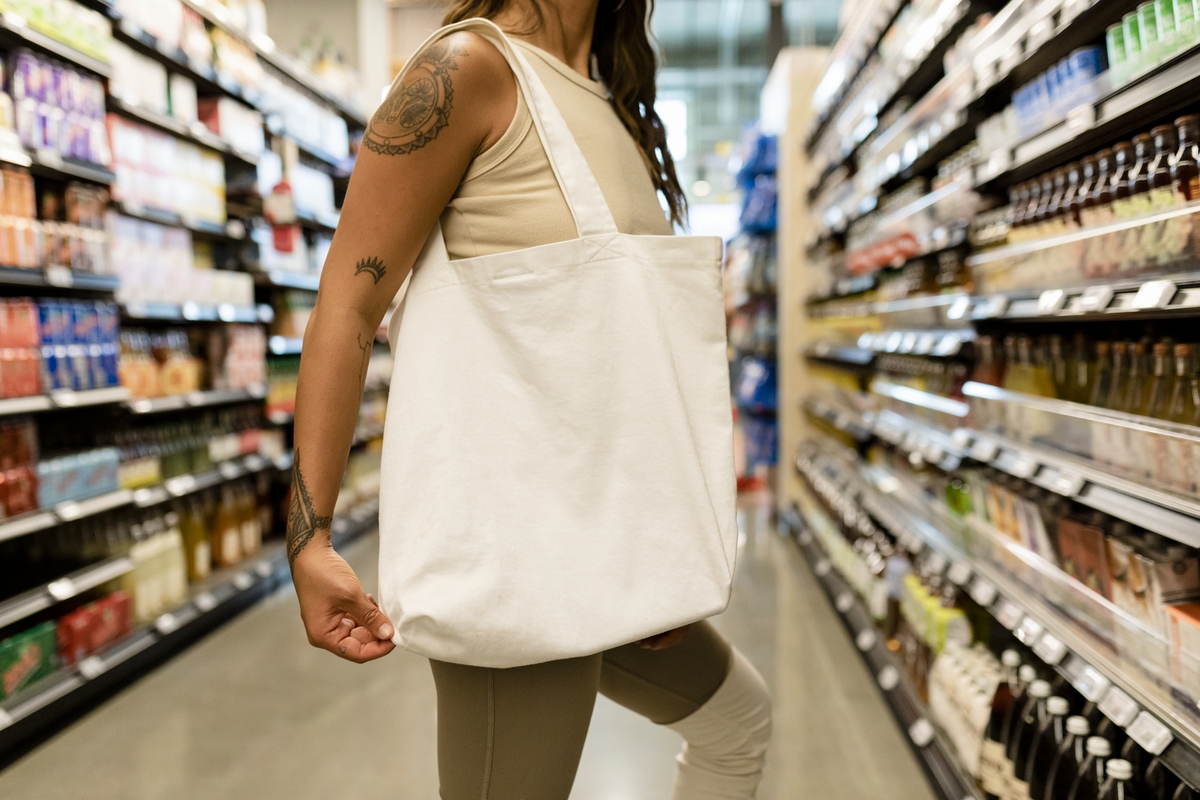
Rethink
- Purchase what you need and in quantities that you can consume.
- Use a blow dryer and handkerchiefs instead of paper napkins in restrooms.
- Consume all consumables well before the expiry date.
- Use items to the full extent of their life.
- It is cool to get items repaired instead of dumping items if there is an issue.
- Do not use paper as a replacement for single-use plastic. While paper is biodegradable, it is made from wood pulp, which leads to cutting down trees, and has a different ecological impact.
- Promote Zero Waste stores in your neighborhood.
- Promote labels that use eco-friendly materials, dyes, and fair labour practices.
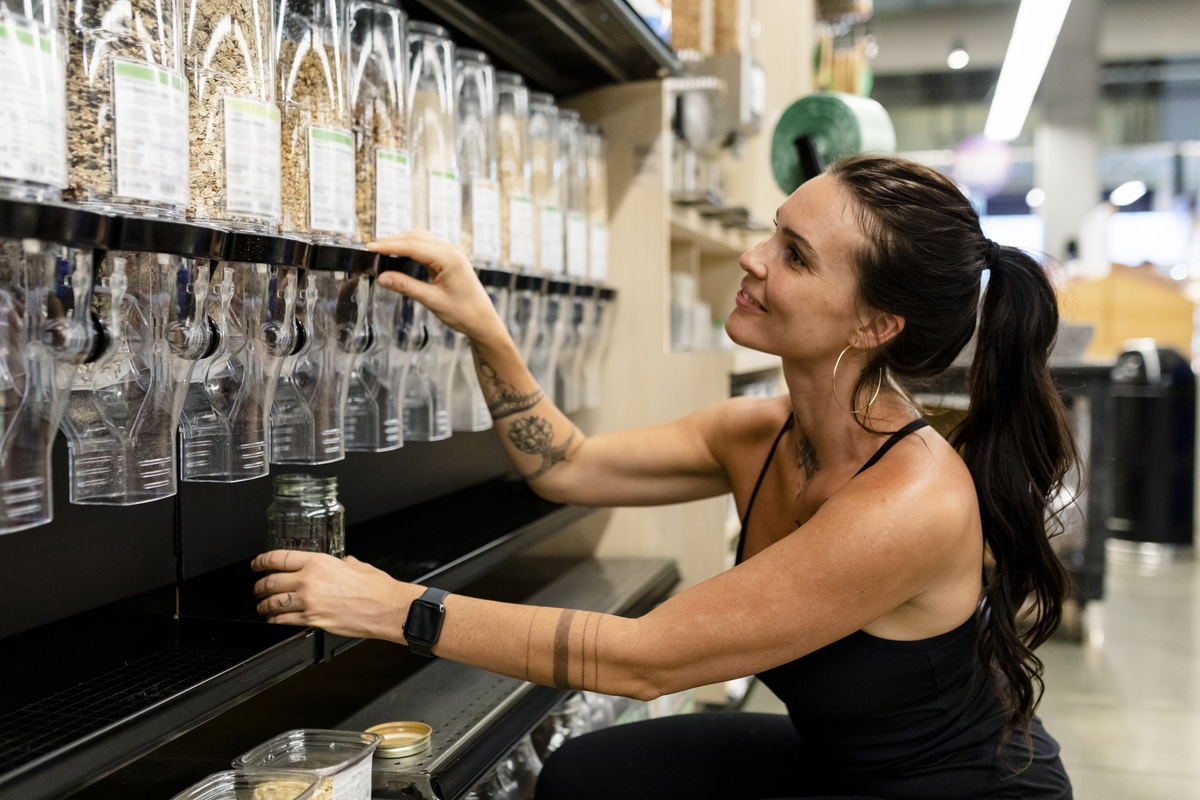
Recycle
- Segregate waste into wet waste and dry waste.
- Compost wet waste and use the compost for landscaping or home gardens.
- Give dry waste such as paper, cardboard, glass, plastic, and metal for recycling. Make your neighborhood waste paper and scrap dealers regular visitors to your home to ensure timely collection.
- Dispose of batteries, electrical and electronic appliances with authorized e-Waste recyclers.
Go Zero Waste : Refuse, Reduce, Reuse, Rethink, Recycle Image Credit: Image by rawpixel.com
Be Zero Waste as a community! Click here for Zero Waste tips for Resident Welfare Associations (RWAs).
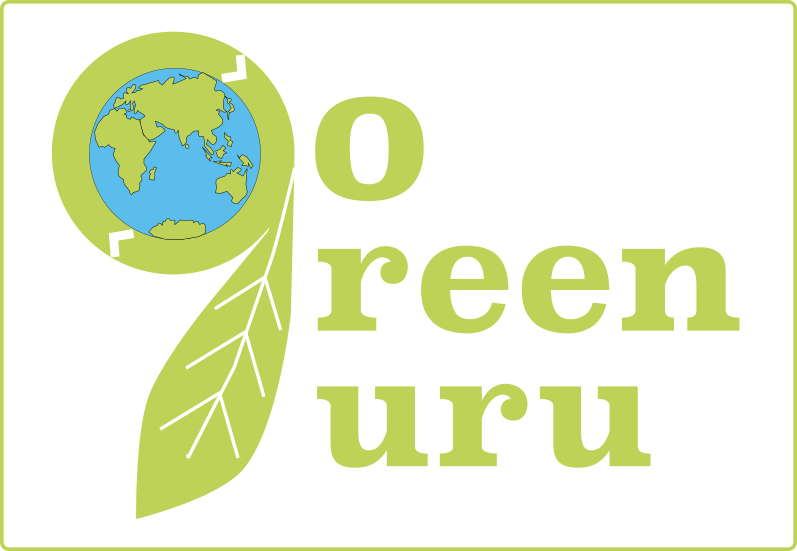
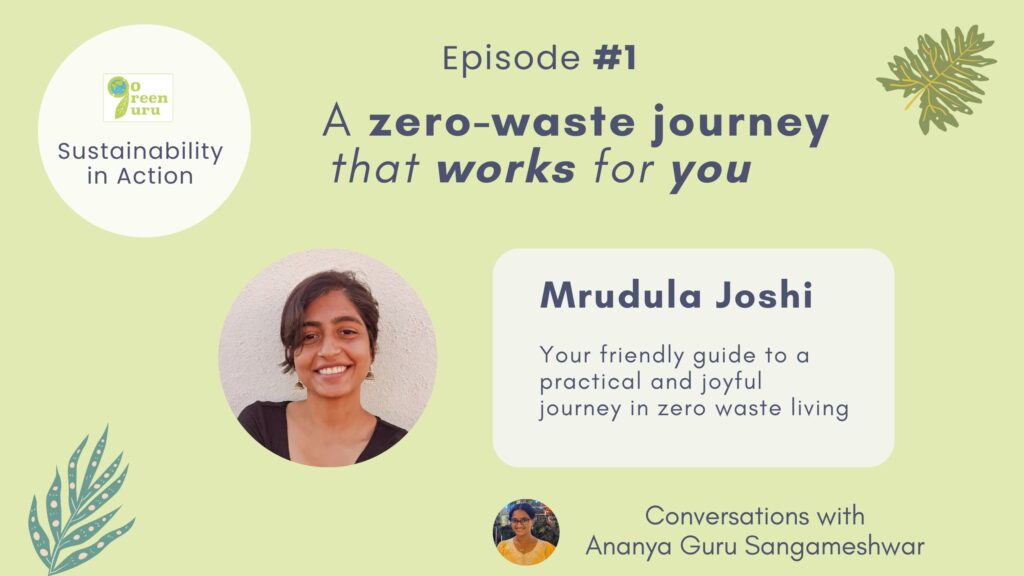

Excellent article and many practical tips on how to make an impact – we need do this with a sense ic urgency. Thanks for sharing